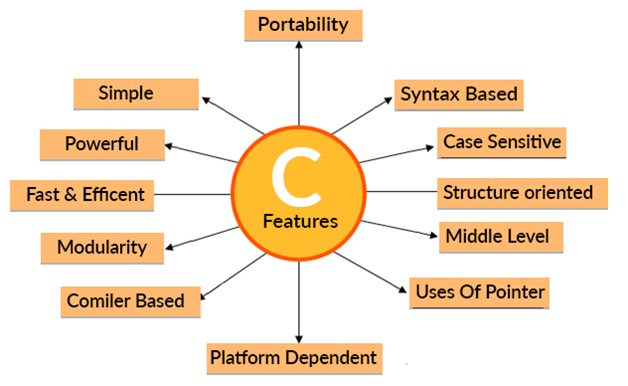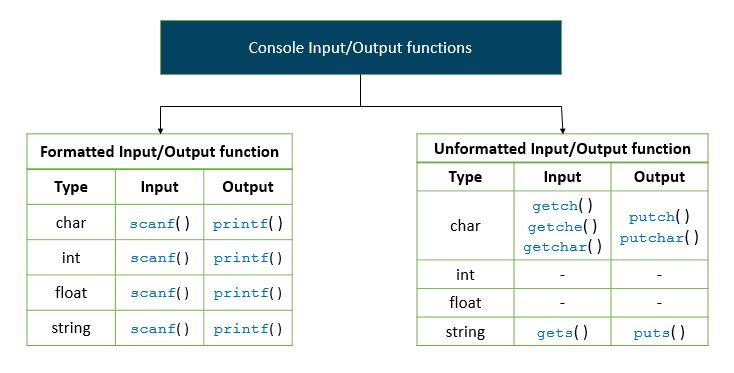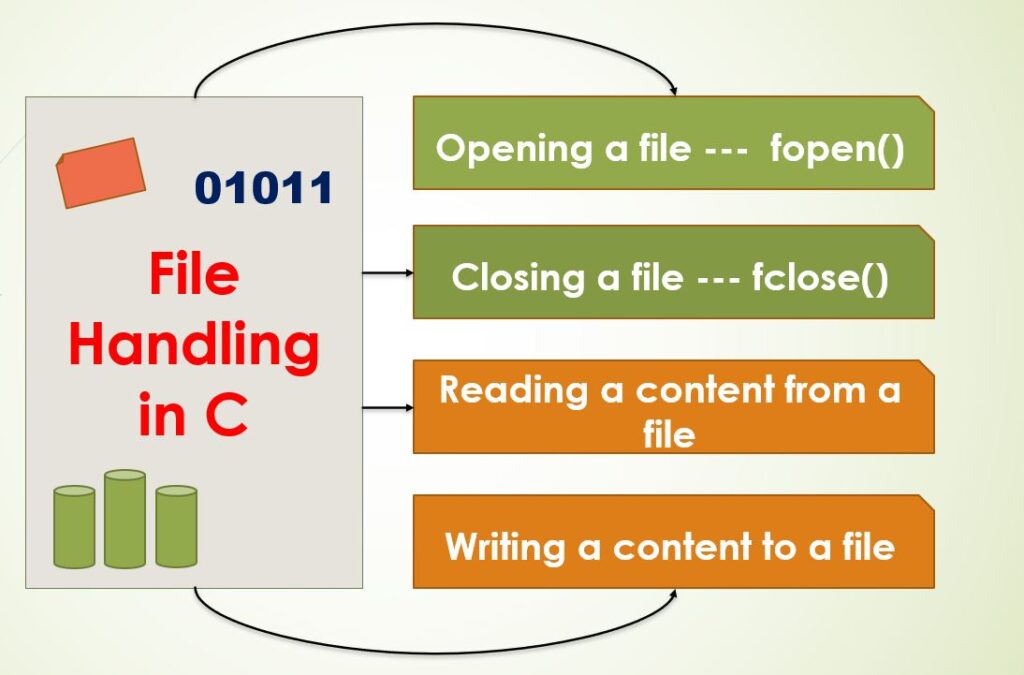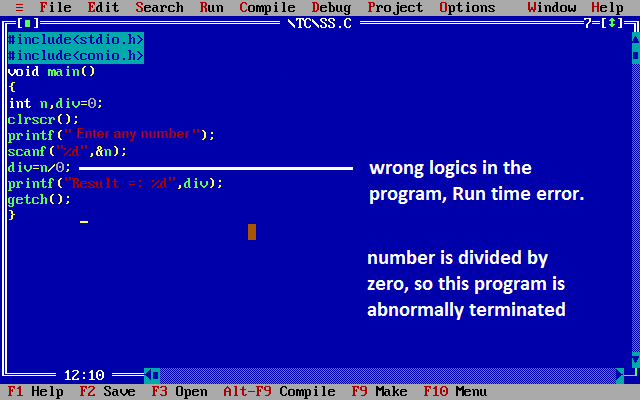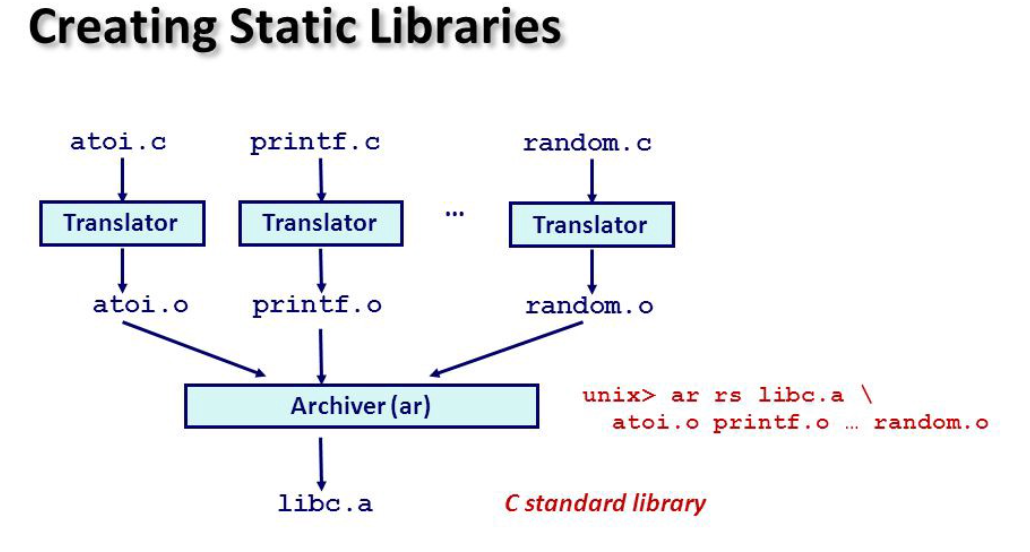C Language Programming Presentation
| Introduction to C Language Programming | ||
|---|---|---|
| C is a general-purpose programming language. Developed in the early 1970s by Dennis Ritchie at Bell Labs. Known for its efficiency, simplicity, and flexibility. | ||
| 1 | ||
| Key Features of C Language Programming | ||
|---|---|---|
| C is a procedural language, allowing step-by-step execution of instructions. Provides low-level access to memory, making it suitable for system programming. Supports modular programming through functions and libraries. | ||
| 2 | ||
| Data Types in C Language Programming | ||
|---|---|---|
| C supports various data types such as integers, floating-point numbers, characters, and arrays. Allows the creation of user-defined data types using structures and unions. Provides type modifiers to specify the range and format of data types. | ||
| 3 | ||
| Control Structures in C Language Programming | ||
|---|---|---|
| C supports control structures like if-else, loops, and switch-case. Conditional statements allow branching based on logical conditions. Looping statements enable repeated execution of a block of code. | ||
| 4 | ||
| Pointers in C Language Programming | ||
|---|---|---|
| Pointers are variables that store memory addresses. Used to efficiently manage memory, dynamically allocate memory, and create data structures. Requires careful handling to avoid memory leaks and segmentation faults. | ||
| 5 | ||
| Input and Output in C Language Programming | ||
|---|---|---|
| C provides standard input and output functions like printf() and scanf(). Allows reading and writing data to the console or files. Supports formatting options for precise control over output. | ||
| 6 | ||
| File Handling in C Language Programming | ||
|---|---|---|
| C allows reading from and writing to files using file handling functions. Provides file pointers to navigate and manipulate files. Enables creating, opening, closing, and deleting files. | ||
| 7 | ||
| Error Handling in C Language Programming | ||
|---|---|---|
| C provides error handling mechanisms using error codes and exception handling. Error codes allow detecting and handling errors during program execution. Exception handling allows graceful recovery from exceptional conditions. | ||
| 8 | ||
| Libraries in C Language Programming | ||
|---|---|---|
| C has a rich collection of standard libraries for various functionalities. Standard libraries provide ready-to-use functions for common tasks. Allows the creation of user-defined libraries for code reusability. | ||
| 9 | ||
| Benefits of C Language Programming | ||
|---|---|---|
| C facilitates efficient and fast code execution. Allows direct access to memory, making it suitable for system programming. Widely used in industries like embedded systems, operating systems, and game development. | ||
| 10 | ||
| References (download PPTX file for details) | ||
|---|---|---|
| Kernighan, B. W., & Ritchie, D. M. (1988). Th... Prata, S. (2013). C Primer Plus. Addison-Wesl... Your third bullet... |  | |
| 11 | ||

